I have a lot of txt file, that contains a lot of datas. For example:
1.txt
parameter1_1="[1 3 21 12 42]"
parameter2_1="[4 2 28 72 46]"
parameter2_2="[2 6 46 75 76]"
58.txt
parameter1_1="[9 8 98 87 89]"
parameter1_2="[2 4 11 42 62]"
parameter2_1="[9 4 25 67 56]"
parameter2_2="[7 6 87 79 75]"
In the first txt file all of the parameter's first value is a coil datas. The second value is the second coil datas. I want to put all of the value into one class/object what is contains all of the value`like you can see on the picture.
When I upload the object, the index cannot be slip, so if I choose the index 1 from teh collection, then I get the correct datas.
I created a class as you can see, and I cannot get the nested class property by string.
I have the next class
public class Coil
{
public string ID { get; set; }
}
public class FailStation : Coil
{
public Station_1 Station_1 = new Station_1();
public Station_2 Station_2 = new Station_2();
}
public class Station_1
{
public string parameter1_1{ get; set; }
public string parameter1_2 { get; set; }
}
public class Station_2
{
public string parameter2_1{ get; set; }
public string parameter2_2 { get; set; }
}
I would like to set and get the value like this or something simiar:
FailStationcoil coil = new FailStation();
List<FailStation> AllCoil = new List<FailStation>();
coil["parameter1_1"] = "value"; //or
coil.SetPropValue("parameter1_1", "value");
coil["ID"]="1";
AllCoil.Add(coil);
